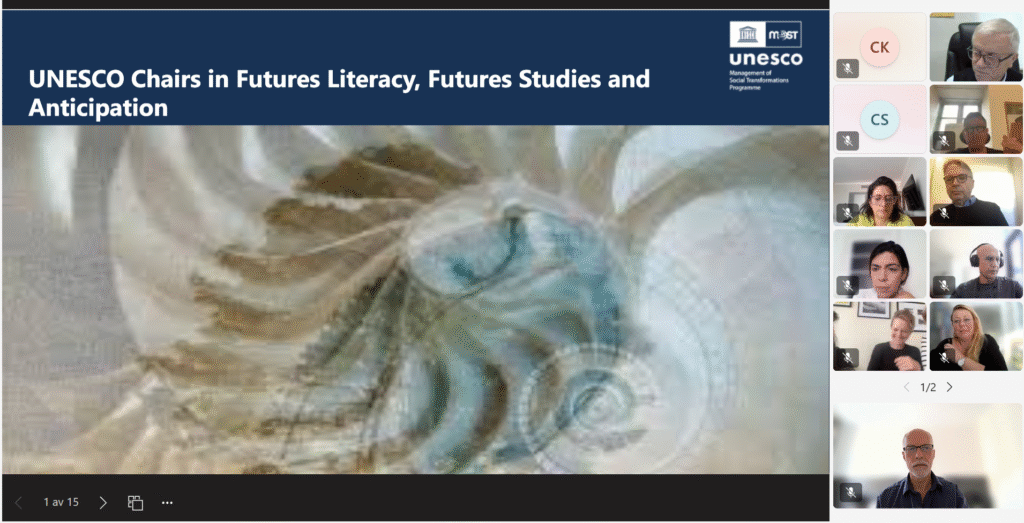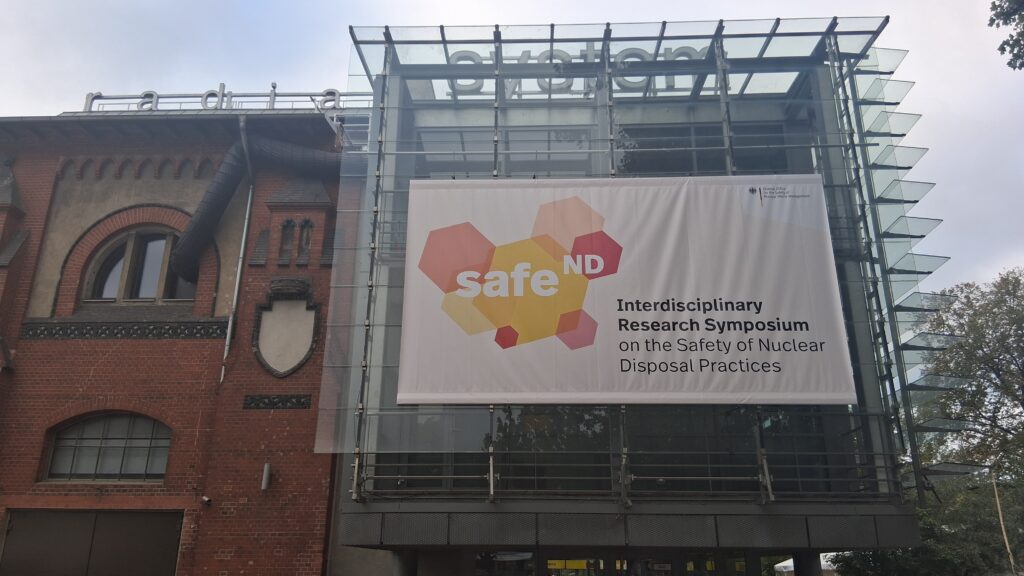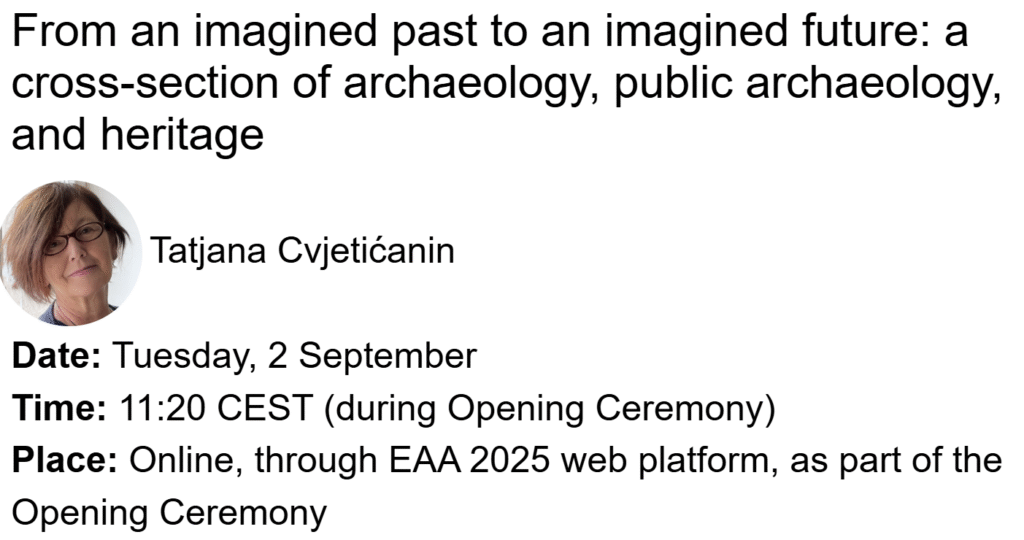Various activities July – September 2025
2025-09-30
Cornelius Holtorf contributed to the ICOMOS questionnaire entitled “A Spot on the Horizon: Reflecting on the Future of the Heritage Field and ICOMOS’ Role in It!” (1 August 2025).
Cornelius Holtorf had an informal meeting with Dr Paulius Jurčys of Prifina about creating an AI twin for the Chair on Heritage Futures (20 August 2025).
Cornelius Holtorf presented a talk entitled “Public Archaeology and the challenge of long-term communication lessons for nuclear waste management” in a session on “The Power of Public Archaeology to Tackle the Sustainable Development Goals” organised by Lenore Thompson and Veronica Testolini at the 31st Annual Meeting of the European Association of Archaeologists held online (4 September 2025).
Cornelius Holtorf held an informal background conversation with journalist Nicke Nordmark preparing a programme on communicating about repositories of nuclear waste for Swedish Radio “Morning on P1” (8 September 2025).
Cornelius Holtorf discussed the question “Can archaeology do harm in present society?” with a class in Ethical Dilemmas in Contemporary Anthropology taught by Professor Laura McAtackney at University College Cork, Ireland (10 September 2025).
Cornelius Holtorf had an informal meeting with Steven Hartman, Executive Director, UNESCO-MOST BRIDGES Coalition, about future collaborations (10 September 2025).
Cornelius Holtorf was interviewed about long-term communication regarding nuclear waste repositories on the national Swedish radio programme “Morning on P1” (22 September 2025).
Cornelius Holtorf was invited to present a talk on “Varför kultur och kulturarv ska tjäna fred och inte krig” for an audience of 60+ civil servants and politicians at a conference on Kultur- och fritidsområdets roll i kris och beredskap in Jönköping, Sweden (23 September).




[…] The new funding for this and a number of additional smaller projects, means that the Climate Heritage Network is…
[…] Chair on Heritage Futures « Culture, cultural heritage and COP26 […]
[…] mer på Unescoprofessurens blogg http://blogg.lnu.se/unesco/?p=1061 Besök Öland 2050! […]